|
A blend of traditional and Celtic rock sounds will be shared at the early service this St. Paddy's Day morning. "Fiddler" Harmony Tucker and guitarist Alan Skowron join our merry band of players in the chancel.
At the later service, the Chancel Choir sings the traditional Irish hymn "Be Thou My Vision" in a setting by James Biery with violinist Harmony Tucker and cellist Aaron Dunigan-AtLee. You too can join us on this pick-up choir Sunday! Rehearsal begins at 10:10 a.m. Flutist Aaron McGrew opens worship in a lovely duet with organ in "Celtic Hymn: The Sound of Love" by Hans-André Stamm. To commemorate J.S. Bach's 339th birthday on March 21, the organ offers "Fantasia: Bach in Ireland" in a melding of Baroque and Celtic sensibilities by Mr. Stamm, also a renowned interpreter of Bach's organ works. Bheith linn (join us)!
0 Comments
At 9:00 a.m., we are joined by guitarist/singer Bill DeMarco and bassist Con Woodall with songs by Kieran Kane, Jim Brickman, and more.
At 11:00 a.m., the Chancel Choir sings "O Love" in a gorgeous contemporary setting of the 19th century hymn text by Elaine Hagenberg. From the organ, two American tunes are creatively reinterpreted in a jazz setting of "In Christ There Is No East or West" by James Biery and the 18th century canon "When Jesus Wept" by David Schelat. This Sunday morning, we experience songs and music reminding us of the ever-present Spirit in our own personal wilderness.
Brooklyn McBride and Noah Kayl offer "Not in a Hurry" by Will Reagan at both services. The organ presents the sublime "My Jesus, Who Has Called Me" at 11:00 a.m. from Brahms' "Eleven Chorale Preludes," a foreshadowing of the composer's own death in 1897 similar to Jesus's allusions in the morning gospel reading. Also during the late morning service, the Chancel Choir sings the Shaker tune "Followers of the Lamb" in a setting by Robert Wetzler during communion. Finally, the organ sends you out assuredly into the world in a grand setting of the hymn tune "Westminster Abbey" (Christ Is Made the Sure Foundation) by Paul Manz. Eclectic songs of faith, devotion, and bountiful grace will be offered during the 9:00 a.m. service this week from the Celtic and American folk traditions and George Harrison.
From Ned Rorem's "A Quaker Reader," the organ nurtures a space for meditation and prayer before the 11:00 a.m. worship hour in "There is a spirit that delights to do no evil..." The Chancel Choir sings the traditional Shaker folk hymn "Followers of the Lamb" in a lively setting by Robert Wetzler. Lastly, the organ offers its own closing hymn in "Choral Song" by 19th century organist Samuel Sebastian Wesley, grandson of renowned hymn writer Charles Wesley. At 9:00 a.m., we are joined by a string quartet to usher in the Lenten season. A message of guidance and grace informs the selections offered by violinist Harmony Tucker, violist Mateo Dunigan-AtLee, cellist Aaron Dunigan-AtLee, and double bassist Ovella Huddleston.
At 11:00 a.m., the Chancel Choir with the Plymouth Ringers offer a beautifully contemplative setting of the Southern Harmony tune "Wondrous Love" by Steve Pilkington. Consider joining us for this Third Sunday "Pick-Up Choir" opportunity! Rehearsal at 10:10 a.m. From the organ comes two hymn tune settings of "Just As I Am" and "If You But Trust in God to Guide You" by Paul Rutz and Johann Sebastian Bach, respectively. Breathing life into seemingly hopeless situations — the work of the Spirit.
At 9:00, it is Confirmation Sunday! Join Lucas, Peter, and me in music expressing the winds of the Spirit, creation of the new, and the waters of baptism. At 11:00, an aria for organ warmly invites you to worship in an elegantly prosaic composition by Paul Manz. The Chancel Offer offers the stunningly beautiful hymn of praise "Laudate Dominum" by Mozart, a choral classic. Staff Vocalist Alex Young presents the dramatic opening soprano solo. The organ sends you into the world with a regal setting of the C. Hubert H. Parry hymn tune "Jerusalem" entitled "O Day of Peace" by Charles Callahan. At 9:00 a.m., fiddler Harmony Tucker joins the Celtic musical celebration with traditional Irish and Gaelic tunes plus melodies from other modern "new traditional" sources. Who knows what may be offered...
At 11:00 a.m., the Plymouth Ringers invoke our worship time with the Irish ballad tune "The Star of the County Down" arranged by Samuel Stokes. The Chancel Choir offers the well-known Irish hymn "Be Now My Vision" in a lovely setting by composer Dan Forrest. Lastly, the organ celebrates the 338th birthday of Johann Sebastian Bach on March 21 with the grand sonorities of his "Prelude and Fugue in E Minor, BWV 533" informally subtitled in 1705 as "The Cathedral." Songs and chants of the living water and new life this Sunday morning.
It will be a tale of two cellos at the 9:00 a.m. service with Lucas Jackson and Aaron Dunigan-AtLee offering tunes from early America and more. Two Welsh tune settings for organ by British composer Ralph Vaughan Williams will be presented at the 11:00 a.m. service in "Rhosymedre" and "Hyfrydol." The Chancel Choir sings a beautifully flowing arrangement of the Southern Harmony tune "Amazing Grace" by Bruce Stevenson. At 9:00 a.m., songs of guidance and revival greet you in the musical strains of Celtic folk music. Guitarist and vocalist Bill DeMarco joins us in this time of worshipful renewal.
At 11:00 a.m., we again experience the music of J.S. Bach in the third movement from BWV 1005 with violinist Harmony Tucker. The Chancel Choir sings the introspective "By the Babylonian Rivers" by Mark Sedio. Based on Psalm 137, the text compares the story of the ancient Israelites exile to our own personal exodus from captivity and hope for new life. Finally, the organ offers the aptly-entitled "Postlude in D" in a regal British manner by Canadian-English composer Healey Willan. We seek the Light of God – and listen – as our journey into the wilderness continues this First Sunday in Lent.
At 9:00, the Sanctified Art-commissioned song "Land of the Seeking" by Spencer LaJoye opens worship. The composer and lyricist shares his thoughts on its genesis: "I became kind of enamored with the idea of a magical place called 'The Land of the Seeking,' which you can only get to via the shadow of your doubts, the moment a candle burns out, the point where you’re so lost you just keep going instead of turning around, etc. The idea that there’s an entire welcoming 'land' for us when we feel place-less and questioning and confused…that was appealing to me. I’m also so inspired by Nicodemus coming to Jesus under the cover of night. Like the 'scary' thing (nighttime, darkness, unknown) is actually a comfort for a questioning person. And the idea of there being an abundance of grace beyond the bottom of the well…that was also inspiring to me." At 11:00, the organ offers two chorale preludes from the Lenten section of J.S. Bach's "little organ book" in "Jesus, Priceless Treasure" and "If You But Trust in God to Guide You." The Chancel Choir sings a hauntingly beautiful arrangement of the early American tune "Wondrous Love" by composer Peter Stearns. |
Details
|

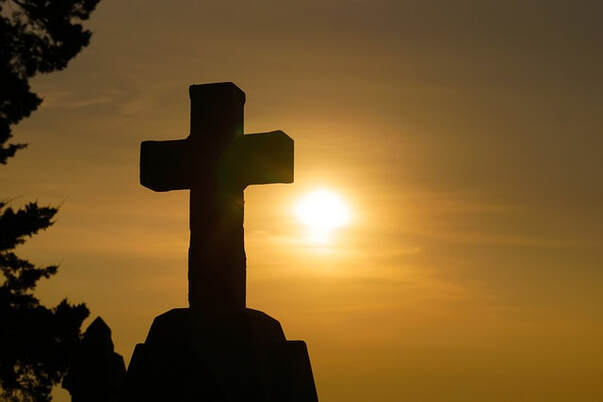
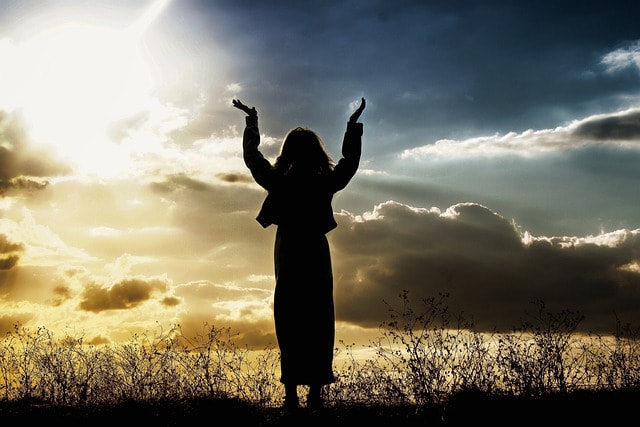

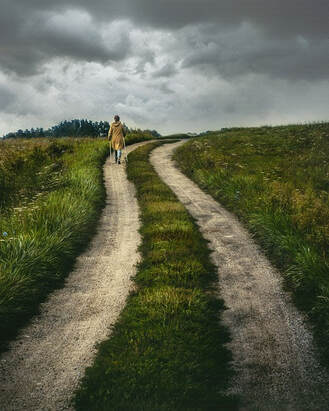

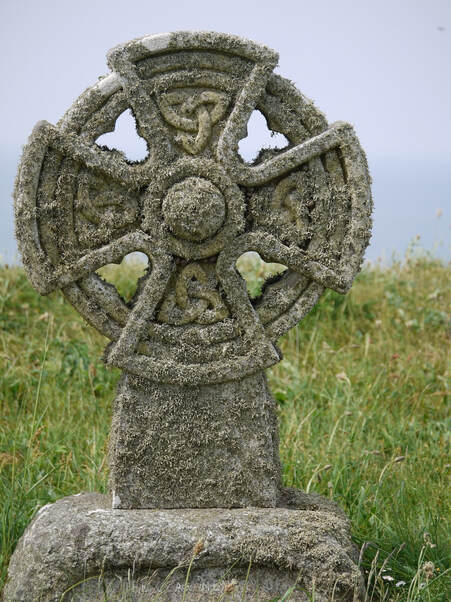

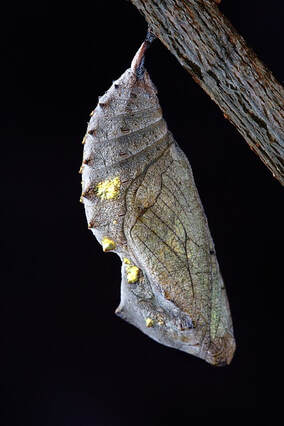
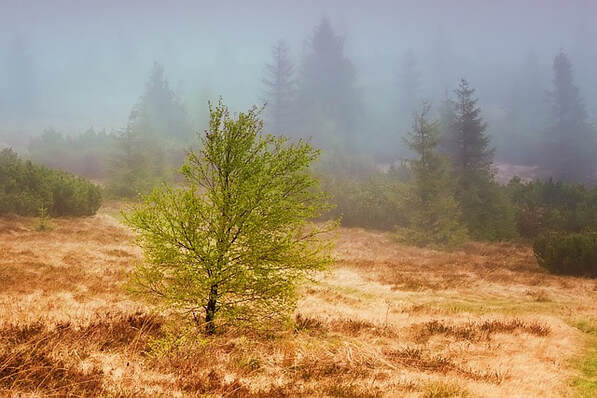

 RSS Feed
RSS Feed